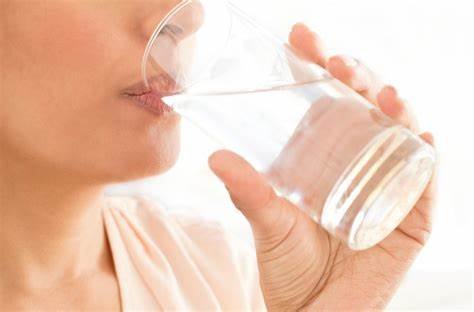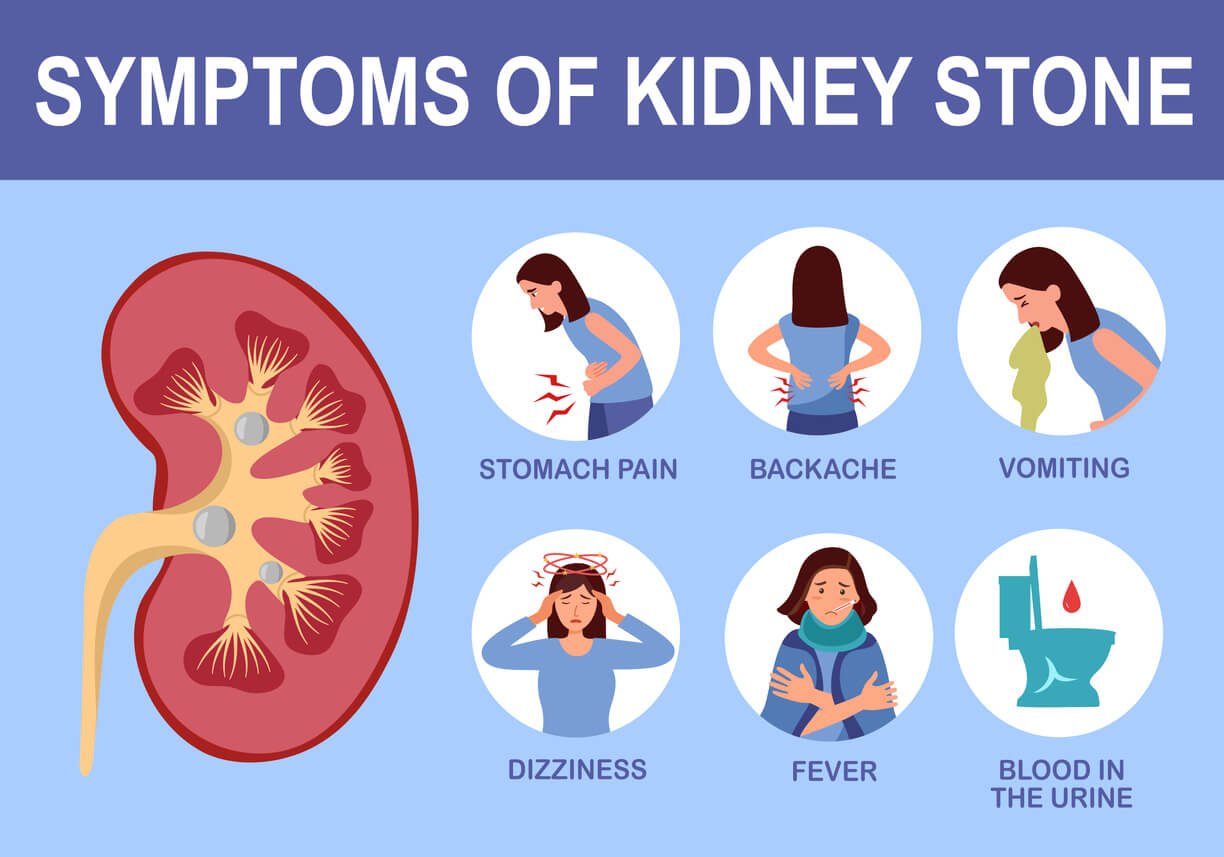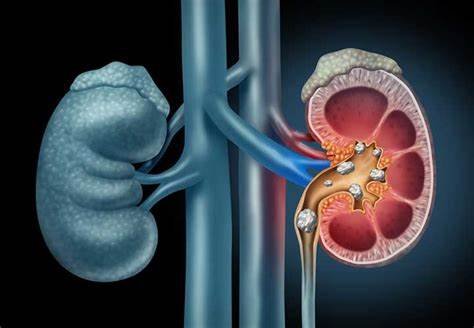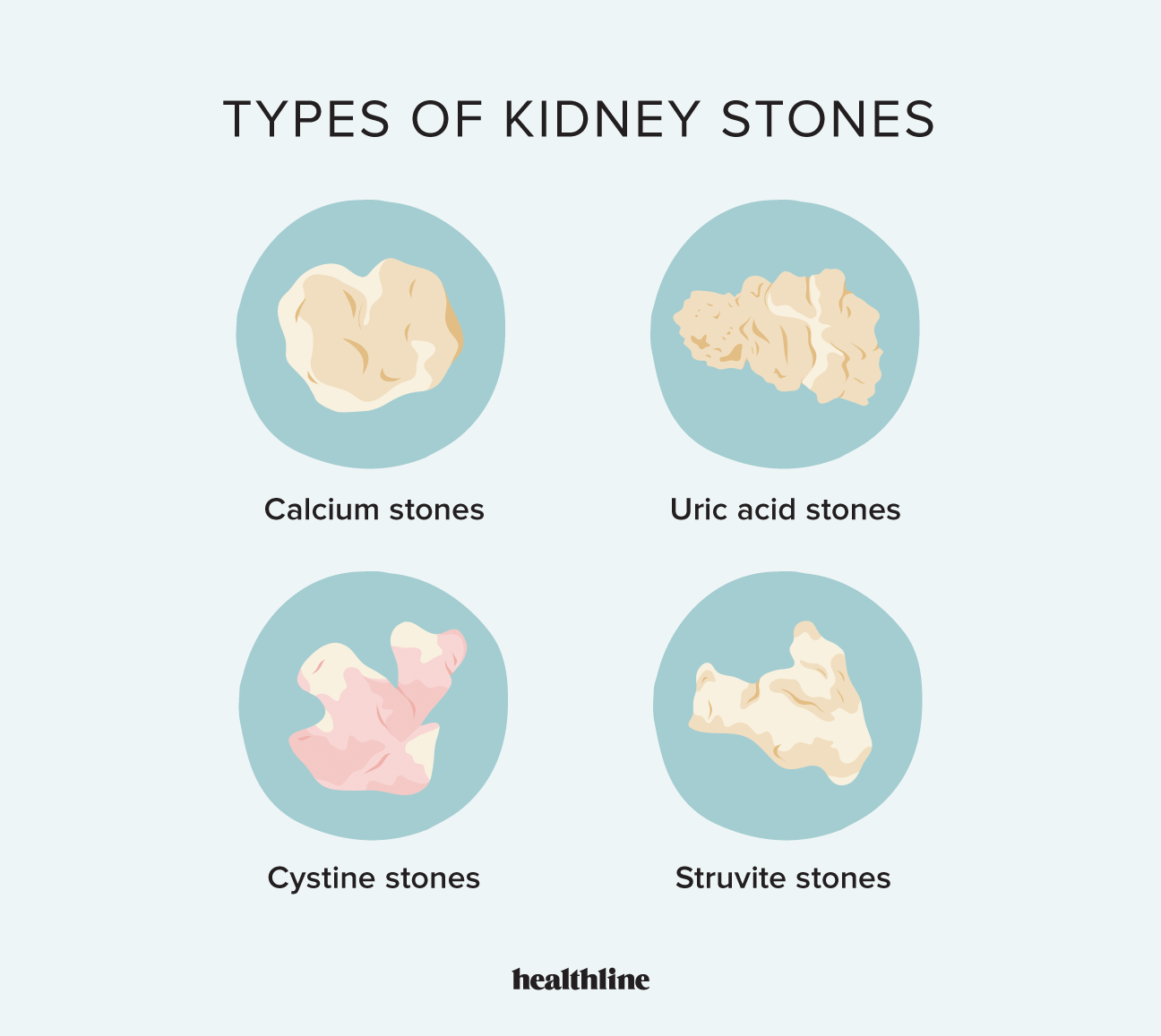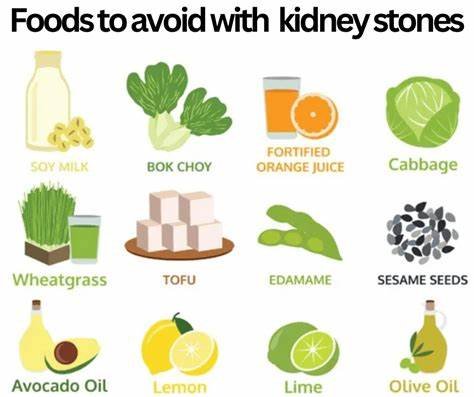Kidney stones are a painful condition that affects millions of people worldwide. While there are several risk factors for kidney stones, one of the most effective and simple ways to prevent their formation is proper hydration. Drinking plenty of fluids can help dilute substances in the urine that may form crystals, which can develop into kidney stones. In this article, we’ll explore how hydration plays a crucial role in kidney stone prevention and offer tips for maintaining optimal fluid intake.
1. How Dehydration Contributes to Kidney Stones
Dehydration occurs when the body doesn’t have enough fluids to perform its normal functions, and it can increase the concentration of minerals and salts in the urine. When urine becomes more concentrated, substances like calcium, oxalate, and uric acid can crystallize and form kidney stones.
The kidneys filter waste and excess substances from the bloodstream, but when there is not enough water to dilute these substances, they can form solid crystals. These crystals can accumulate over time and turn into kidney stones, which can obstruct the urinary tract and cause severe pain.
2. How Hydration Helps Prevent Kidney Stones
When you drink adequate amounts of water, the urine becomes more diluted, reducing the concentration of substances that lead to kidney stone formation. Hydration not only helps prevent existing crystals from growing but also promotes the passage of smaller stones.
Here’s how hydration works to prevent kidney stones:
- Dilutes urine: More water in the body results in a larger volume of urine, making it less likely for crystals to form.
- Reduces mineral concentration: Hydrated urine has fewer minerals, like calcium and oxalate, which are common components of kidney stones.
- Promotes frequent urination: Drinking enough water encourages regular urination, which helps flush out harmful substances before they can form stones.
3. How Much Water Should You Drink?
The recommended daily water intake varies based on factors like age, sex, activity level, and climate, but a general guideline is to drink about 8-10 cups (64-80 ounces) of water a day. For those prone to kidney stones, aiming for more water may be necessary.
If you’ve had kidney stones before, your doctor may recommend increasing your water intake to help prevent future stone formation. Some experts suggest drinking enough water to produce 2-2.5 liters (about 68-85 ounces) of urine daily, which is approximately 10-12 cups of water.
Signs You’re Drinking Enough Water
- Clear or pale yellow urine: If your urine is light yellow or clear, it’s a sign you’re well-hydrated.
- Frequent urination: Regular urination throughout the day is another indicator of sufficient hydration.
4. Best Fluids for Preventing Kidney Stones
While water is the best option for preventing kidney stones, certain other beverages can also support kidney health and reduce stone formation risk.
Water
Water is the most important fluid for kidney stone prevention. It keeps urine diluted, reducing the concentration of substances that contribute to stone formation. If you have a history of kidney stones, aim to drink water throughout the day, rather than consuming a large quantity all at once.
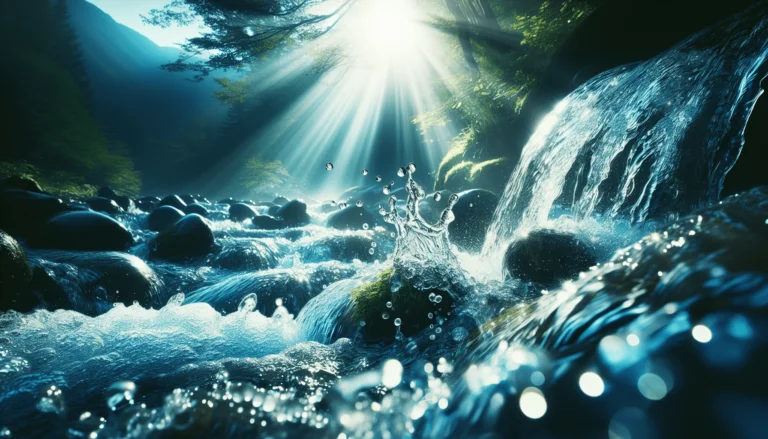
Lemon Water
Adding lemon to your water can be beneficial for kidney stone prevention. Lemons are high in citric acid, which has been shown to help break down calcium-based stones and prevent them from forming. It also helps increase urine volume and acidity, creating an environment less favorable for stone formation.
Citrus Juices (in moderation)
Citrus juices, such as orange juice, can provide a small amount of citric acid, but be cautious of added sugars that can have adverse effects on kidney health. Opt for fresh-squeezed or 100% natural juice without added sweeteners.
Herbal Teas
Certain herbal teas, such as chamomile or ginger tea, can provide hydration while offering additional health benefits. Avoid teas high in oxalates, like black tea, which may contribute to stone formation in those prone to oxalate stones.
Coconut Water
Coconut water is another excellent choice for staying hydrated. It’s rich in electrolytes and can be a good alternative to sugary sports drinks. However, it’s important to consume it in moderation.
5. Fluids to Limit for Kidney Stone Prevention
While staying hydrated is crucial, some beverages can contribute to kidney stone formation and should be limited or avoided. These include:
Sugary Drinks
Sugary beverages, such as sodas, energy drinks, and sweetened fruit juices, can increase the risk of kidney stones by raising calcium and oxalate levels in the urine. Excessive sugar intake also promotes dehydration, which further increases the risk of stone formation.
Caffeinated Drinks
Excessive caffeine can contribute to dehydration and reduce urine output. While moderate caffeine intake (like one or two cups of coffee or tea) is generally safe for most people, it’s important to balance it with adequate water intake.
Alcohol
Alcohol can have a dehydrating effect on the body, increasing the risk of kidney stone formation. While moderate alcohol consumption may not pose a significant risk, it’s important to stay hydrated by drinking water alongside alcoholic beverages.
6. Tips for Staying Hydrated
- Carry a water bottle: Keep a water bottle with you at all times to encourage regular drinking.
- Track your intake: Use a water-tracking app or set reminders to help you reach your hydration goals.
- Drink water with meals: This not only helps with hydration but also aids in digestion.
- Flavor your water: If plain water is unappealing, add slices of lemon, cucumber, or mint to make it more enjoyable.
7. Conclusion
Hydration is one of the simplest and most effective ways to prevent kidney stones. By drinking plenty of fluids, particularly water, you can help reduce the concentration of substances that lead to stone formation. Maintaining proper hydration promotes kidney health, ensures frequent urination, and minimizes the chances of developing painful kidney stones. If you’re prone to kidney stones or have experienced them before, increasing your water intake can be a powerful tool in your prevention strategy.






